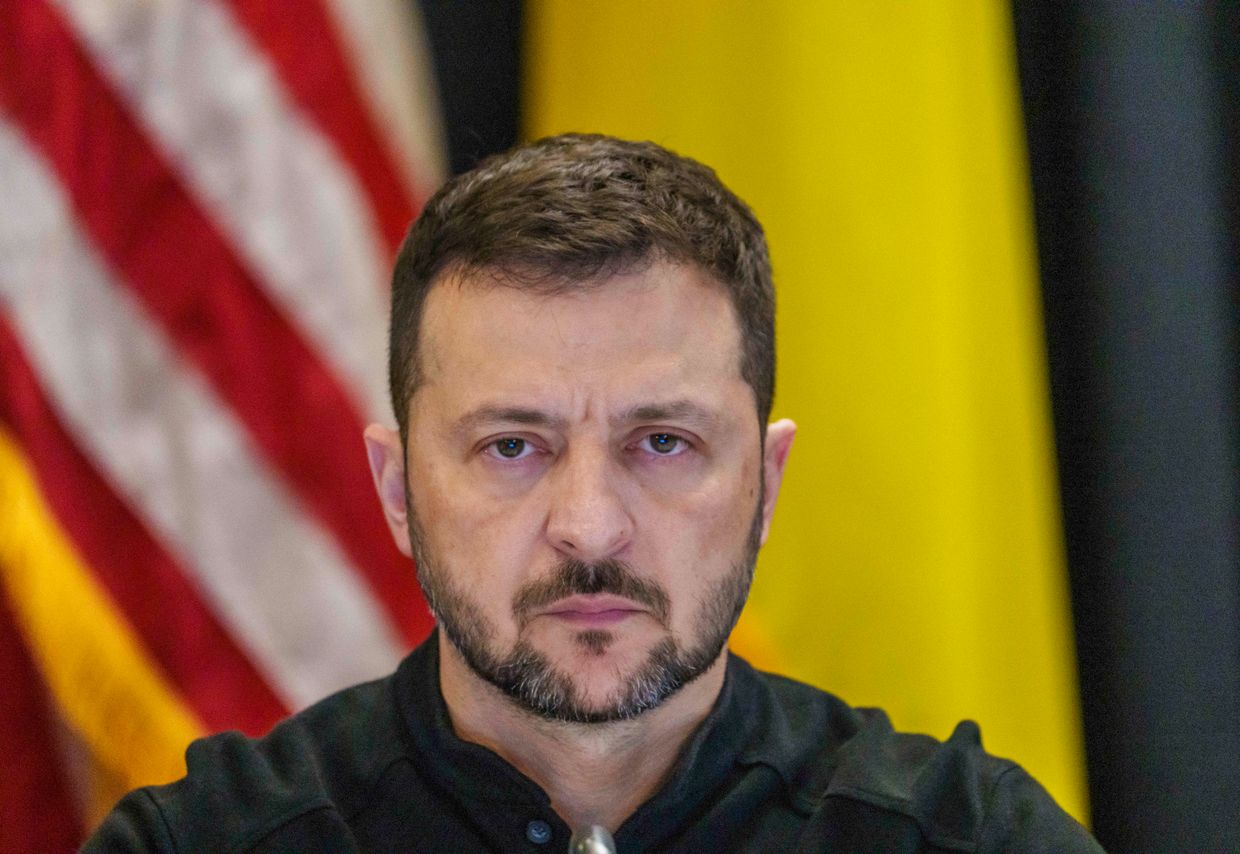Canada's Trudeau signals support for Scholz-Putin call, Poland's Tusk says phone calls won't stop Russia

Canadian Prime Minister Justin Trudeau indicated support for German Chancellor Olaf Scholz's recent phone call with Russian President Vladimir Putin, though adding his trust in the Russian leader is "at an all-time low," Bloomberg reported on Nov. 17.
"We all understand how important it is to see an end to the violence in Ukraine, to see an end to conflicts around the world," Trudeau told Bloomberg during the Asia-Pacific Economic Cooperation summit in Peru, which took place between Nov. 15-16.
"That requires a level of engagement with counterparts who in many cases we disagree with."
Scholz spoke with Putin on Nov. 15 for the first time in nearly two years. The German chancellor condemned Russia’s war, urged Putin to withdraw his troops, and discussed potential talks with Kyiv.
The call sparked anger in Ukraine, with President Volodymyr Zelensky saying the conversation opens a "Pandora's box" for further engagement and that "it is extremely important for Putin to loosen his isolation, Russia's isolation."
Trudeau added that Canada and other partners are closely engaging with Zelensky and that "it's a good thing that there are conversations around this, but the level of trust that I have for Vladimir Putin is probably at an all-time low right now."
The phone call came under fresh criticism from Ukraine and elsewhere following a mass Russian drone and missile strike early on Nov. 17.
"No-one will stop Putin with phone calls. The attack last night, one of the biggest in this war, has proved that telephone diplomacy cannot replace real support from the whole West for Ukraine," Polish Prime Minister Donald Tusk said on X.
"This is war criminal Putin’s true response to all those who called and visited him recently. We need peace through strength, not appeasement," Ukrainian Foreign Minister Andrii Sybiha commented.
In his defense, Scholz told the media on Nov. 17 that the phone call was meant to dispel any illusions Putin might hold about the West withdrawing support for Ukraine.
"The conversation was very detailed but contributed to a recognition that little has changed in the Russian president's views of the war - and that's not good news," Scholz said, according to Sky News. He also added it would not be good if no European leader were in contact with Moscow if the new U.S. administration will be.
U.S. President-elect Donald Trump has vowed to swiftly end the war by bringing Russia and Ukraine to the negotiating table. His imminent return to the White House has also sparked fears that Washington might withdraw its support, forcing Europe and other partners to radically step up their contributions.














